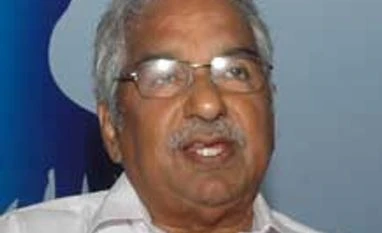In a letter to the PM, Chandy said the Centre should consider revival of the scheme for a period of five years effective from the current financial year. He also wanted the scheme to be extended to IT units operating in Tier 2 and III cities.
The representation follows a meeting of group of technology companies members with the chief minister last week. Gtech, the industry body representing the IT industry in Kerala, had said discontinuance of the scheme was the single biggest setback facing the small and medium companies.
More From This Section
"In one stroke, the government of India can rejuvenate the sagging fortunes of IT units in the SME sector. IT industry is the largest employer in the private sector with over 3 million people employed directly and another 9.5 million gaining indirect employment. Not only will this game changing initiative ensure creation of more jobs, but it will also see IT companies flock to smaller towns and cities, thereby decongesting the metros," said V K Mathews, chairman, Gtech.
Gtech's case is that over 60 per cent of the entire spending of software companies relates to employee salaries, which are taxed and hence the contribution to the exchequer remains significant.
According to it, the additional levy in the form of corporate tax leaves very little for IT units in the SME sector to re-invest, raise the headcount and grow, something which is critical to remain globally competitive. Apart from a no tax policy on exports, the STPI scheme empowers IT units to operate without any geographical restrictions, unlike the special economic zone scheme.
The STPI scheme was a key contributor to the success of the Indian IT industry in its infancy.
)